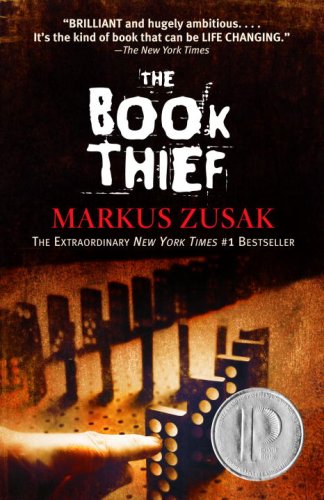Quote:
Originally Posted by SATCHMO

No, but I was kinda' fishing for an overview
|
An overview? Fu
ck. Zizek basically re-reads Christianity as a Hegelian and makes it a whole lot less appealing (read: more nihilistic) but at the same time more comprehensible (for me, at least). Milbank counters Zizek's dialectical interpretation of God (a God who is alienated from himself) with a God who exceeds himself, who is not only love but is more love than he is, and this excess love forms "the universe." Then Zizek calls Milbank a pagan and develops his "atheistic Christianity" some more. It's an atheism vs theism debate that looks nothing like the ones Dawkins & co are waging, because it actually takes into account post-modernism and the problematic status of "reason" and "truth." Dense as fu
ck and probably requires some understanding of Hegel (and Lacan), but invaluable as far as I'm concerned.










 Hybrid Mode
Hybrid Mode